Banned Books Week: Sept. 23–29, 2018
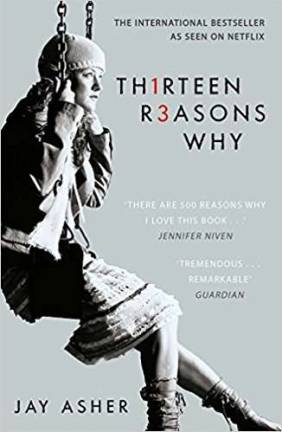
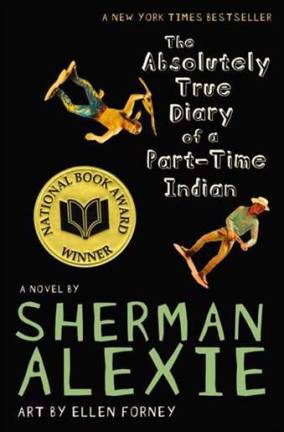
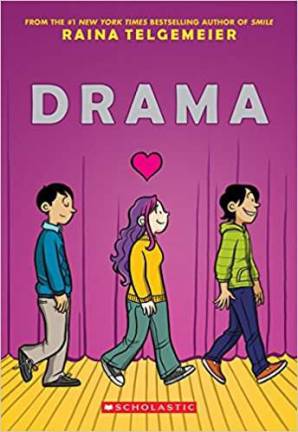
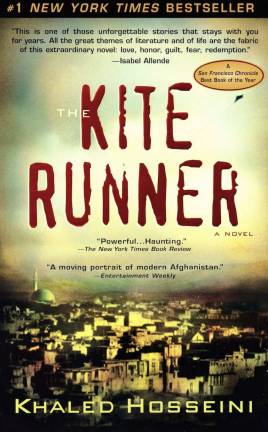
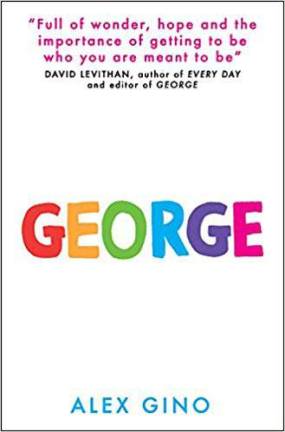
More than a book a day faces expulsion from free and open public access in U.S. schools and libraries every year. There have been more than 10,000 attempts since the American Library Association (ALA) began electronically compiling and publishing information on book challenges in 1990.
Thirty-seven years after the first observance of Banned Books Week there are still attempts to remove books from public library shelves.
In one case, the Plymouth-Canton school district in Michigan considered banning both Toni Morrison’s Beloved and Graham Swift’s Waterland after complaints from some parents of objectionable content. Both books were eventually allowed to stay on school shelves after a review committee heard from teachers, students and parents in support of the books during public meetings. But, unfortunately, even with the help of outspoken supporters, books are still being removed.
Forever by Judy Blume was one of more than 70 titles a Fayetteville, Arkansas, mother requested be removed in 2012. Twenty-five years earlier, the book was restricted in the Park Hill (Missouri) South Junior High School library because the book promotes “the stranglehold of humanism on life in America.”
“Throughout history, there always have been a few people who don’t want information to be freely available. And this is still true. We hope to remind Americans that the ability to read, speak, think and express ourselves freely is a right, not a privilege,” said ALA President Loida Garcia-Febo. “The reason more books aren’t banned is because community residents with librarians, teachers and journalists stand up and speak out for their freedom to read. Banned Books Week reminds us that we must remain vigilant.”
Choice, and respectThe ALA and the Ramapo Catskill Library System are endorsing the observance of Banned Books Week Sept. 23–29, an annual celebration of our right to access books without censorship. This observance commemorates the most basic freedom in a democratic society – the freedom to read freely – and encourages us not to take this freedom for granted.
“Banned Books Week is about choice and respecting the rights of others to choose for themselves and their families what they wish to read,” said Robert Hubsher, Executive Director of the Ramapo Catskill Library System. “Book banning and challenging has a domino effect. If we stand by and let the first book come off the shelf, we run the risk they will all come tumbling down. American libraries are the cornerstones of our democracy. Libraries are for everyone, everywhere. Because libraries provide free access to a world of information, they bring opportunity to all people.”
'Libraries are no longer simply about books'Challenges and attempts to remove books during the past year are as strong as ever. Challenges are defined as formal, written complaints filed with a library or school requesting that materials be removed because of content or appropriateness. About 70 percent of challenges take place in schools and school libraries. According to James LaRue, director of the Office for Intellectual Freedom, the number of challenges reflects only incidents reported, and for each one reported, four or five remain unreported.
“We are as busy as we’ve ever been in fighting censorship attempts in schools and libraries,” LaRue said. “Libraries are no longer simply about books but also about DVDs, video games and online information.”
Most frequently challenged: Young Adult books “Young Adult books are challenged more frequently than any other type of book,” said Judith Platt, chair of the Banned Books Week National Committee. “These are the books that speak most immediately to young people, dealing with many of the difficult issues that arise in their own lives, or in the lives of their friends. These are the books that give young readers the ability to safely explore the sometimes scary real world and allow them the freedom to read books that are relevant for them, and to be able to make their own reading choices.”
In recent years, the majority of the most frequently challenged books in libraries have been Young Adult (YA) titles.
Banned Books Week is sponsored by the American Booksellers Association, the American Booksellers Foundation for Free Expression, the ALA, the Association of American Publishers, the American Society of Journalists and Authors, and the National Association of College Stores. It is endorsed by the Library of Congress Center for the Book.
CelebrateNow, more than ever, celebrate the freedom to read @ your library.
American libraries are the cornerstones of our democracy.
Libraries are for everyone, everywhere.
Is your favorite book safe?
Don’t close the book on your freedom to read.
Because libraries provide free access to a world of information and they bring opportunity to all people.
Remember, think for yourself and let others do the same.
Elect to read an old favorite or a new banned book this week.
This article was provided by the Ramapo Catskill Library System.